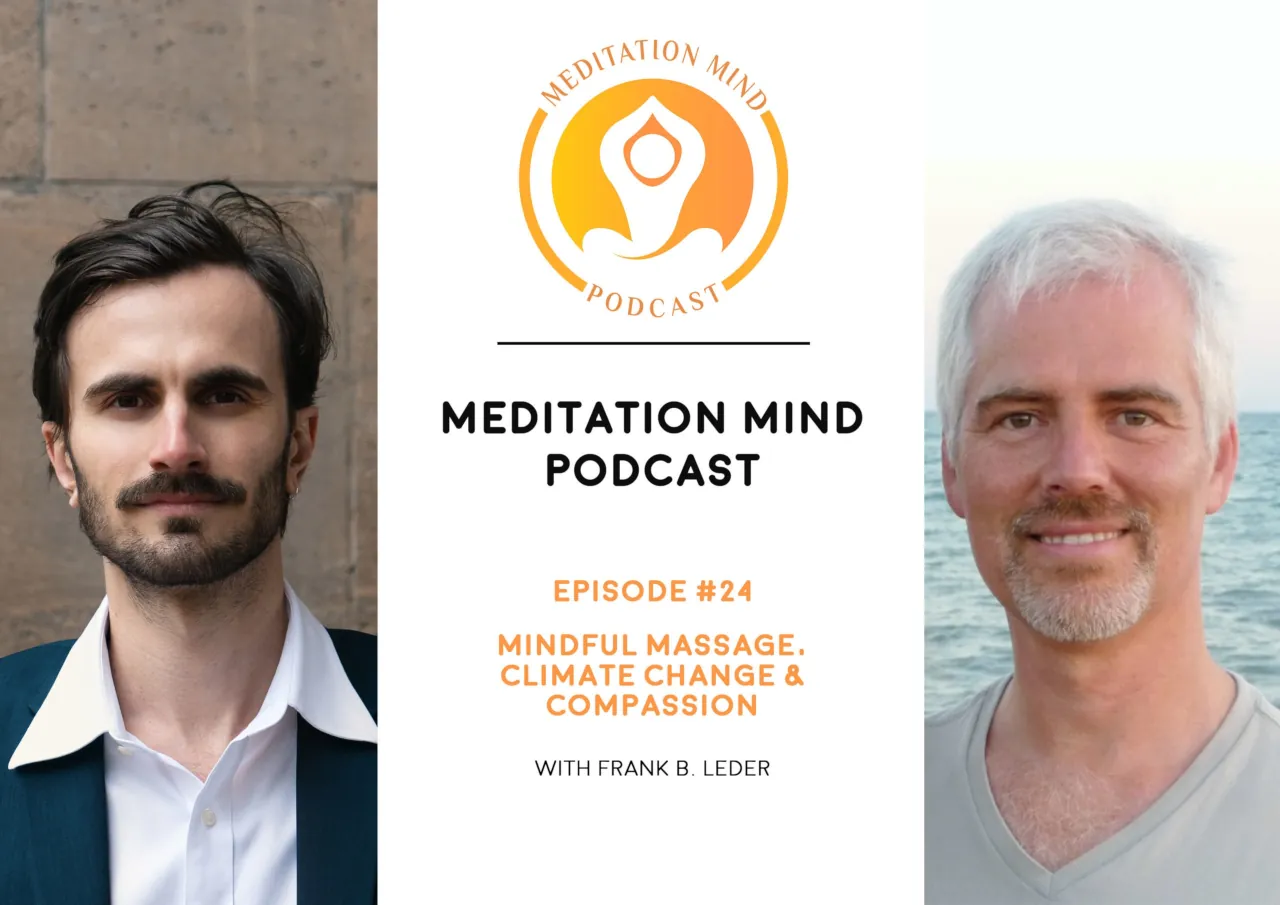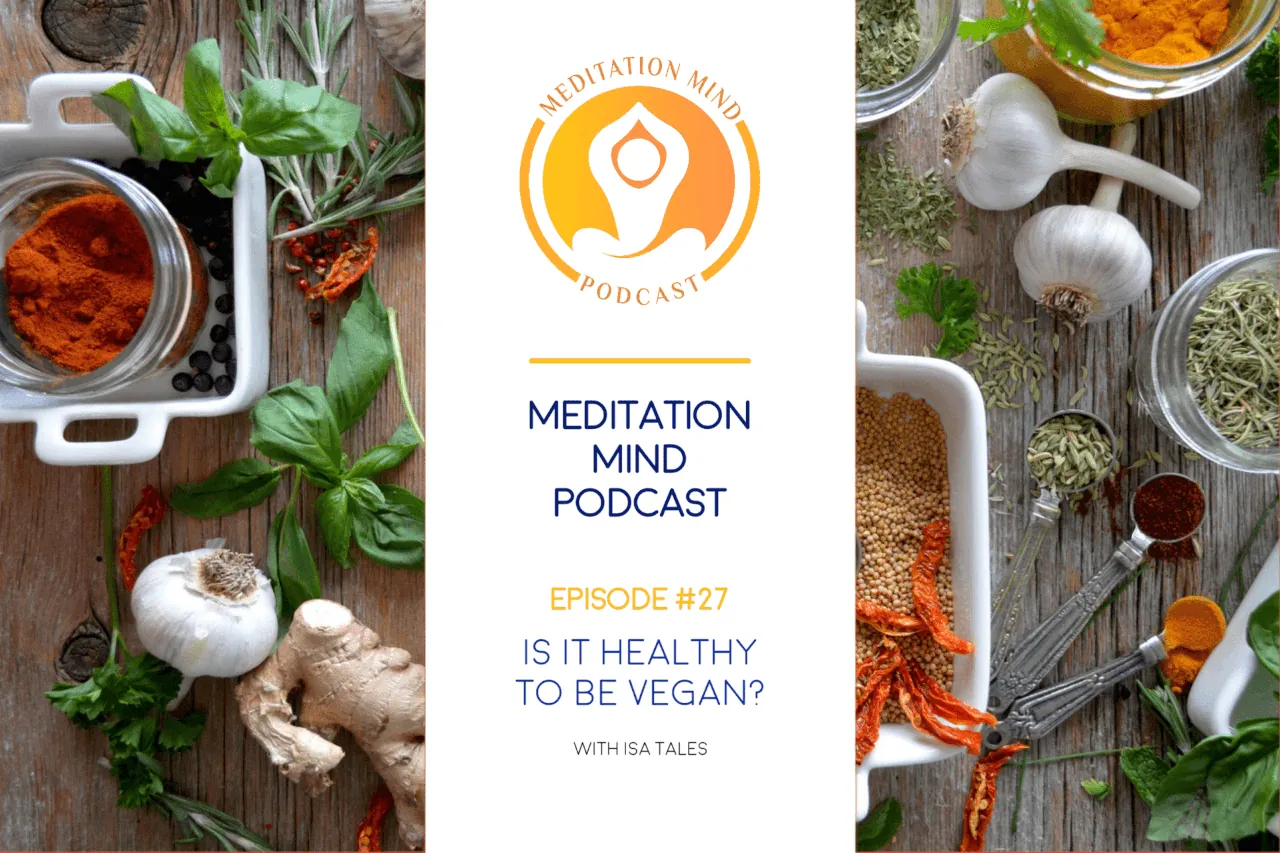Introduction to the podcast
In this episode, I have a talk with Robert J. Goodman, Ph.D., assistant professor at Northern Arizona University. Robert is a psychologist who examines the neurological, behavioral and psycho social consequences of mindfulness. In this episode, we talk about the influence of mindfulness on memory, regulating emotions, the practice of Satipatthana and aging-related memory decline. I’m sure this talk will help you understand why this practice is so important for each one of us. I’m joined by Tim Schofield from the UK, one of our community members who writes about non-duality and minimalism, who provides additional questions and input.
Central questions to this podcast are:
- What is mindfulness in Psychology?
- How does mindfulness influence the way we experience and regulate emotions?
- Does mindfulness affect the content and accuracy of our (episodic) memory?
- Could mindfulness training be applied to seniors and buffer aging-related memory decline?
- Are there any downsides to mindfulness?

Foundations of mindfulness
What is mindfulness? Is it non-judgmental awareness? Is there a wrong way to do it? Robert talks about Satipatthana, the practice of the arousing of mindfulness in Buddhism. Applied to four domains; the body, feelings/sensations, mind/consciousness, and mental qualities. Mindfulness can be understood as an open and receptive awareness of experience as it occurs in the present.

Memory and the mind
One of the key aspects of Robert’s research is the episodic memory and the influence of mindfulness. To break it down in short, we can talk about the memory in several ways: Sensory memory (very short), short-term memory, long-term memory, and the long term memory contains several kinds of memory, divided into two groups. Explicit memory or conscious consists out of declarative memory which consists of Episodic memory (events and experiences) and Semantic memory (facts and concepts). So why specifically the episodic memory? Mindfulness is described in early Buddhist canonical texts as a capacity which facilitates the “ability to call to mind things that were done and said long ago”. With mindful practice, we can learn to direct our attention. Attention is needed for much of our active memory and thus influences our experience of reality.

Emotions and the mind
Emotions and feelings arose as ways to get us to approach things or avoid them, as they were important to our survival. Emotions can easily get out of control. We all can remember times when it would have come in handy to be able to regulate them. Contemporary psychology sees emotion regulation as a central part of mental health, and the imbalance to mental disorders. With the practice of mindfulness, we can regulate our emotions to experience less stress and be more resilient in daily life.

Aging-related decline and mindfulness
I suppose some of us are familiar with a grandparent becoming less and less responsive to their environment. Their brain changes, their memory declines and their interaction with the world become staler. Can mindfulness help seniors experience reality in a more profound way? Can it help them stay in the present moment more, even if their memory starts declining? The full analysis of this study is not yet there, but Robert mentions a few amazing insights on this topic in the podcast.

Is mindfulness dangerous?
I’ve asked Robert the question: “What are the downsides of mindfulness?”. We hear a lot about why the practice is healthy or good for you. We also explore some of its possible shadow sides in this episode. Mindfulness and Psychedelics have something in common; they are able to change your perspective of the world completely.
These are things that won’t come up with a few sessions here and there, but talk about a longer intensive practice. Having a guide that understands your process and is trained in the practice might be a serious aid here. Not everyone will go through the same phases, but if you continue to dig deeper… it might be useful to get in touch with an experienced practitioner.
Want to know more?
If you would like to get in touch with Robert Goodman and his studies, make sure to visit his website here: https://in.nau.edu/psychological-sciences/robert-goodman/
If you would like to read more about our co-host Tim Schofield, visit his website here:
https://twschofield.com
I’d love to hear from you what your experience is with mindfulness and the above topics. Have you noticed a change when you started to practice? What happened to your memory and emotions? Share it in the comments here or on our discord community online.
Warm regards,
Christiaan
This podcast is available on… Anchor Podbean Apple Podcasts Stitcher TuneIn Pocket Casts Overcast Spotify Breaker Google Podcasts


